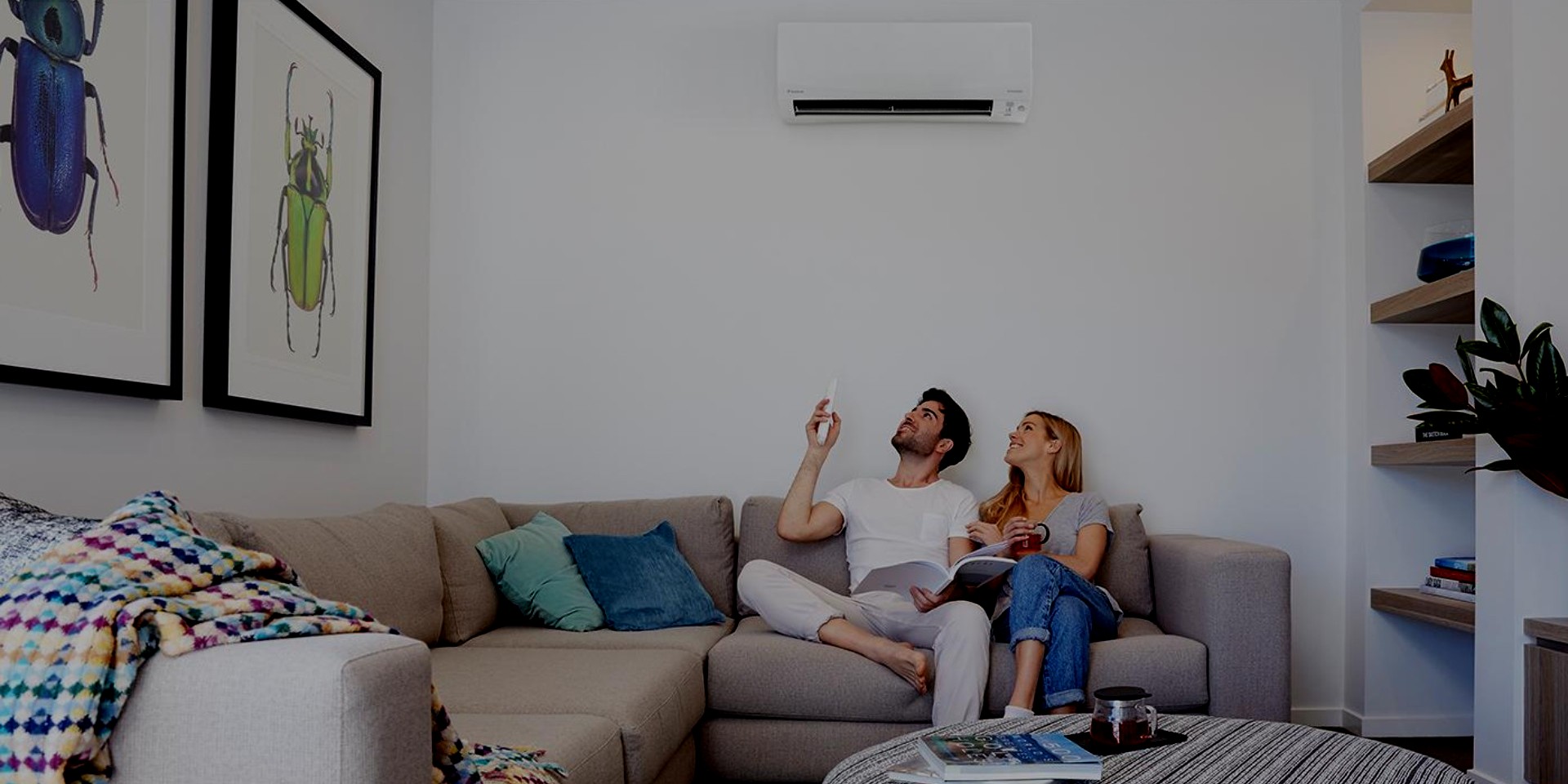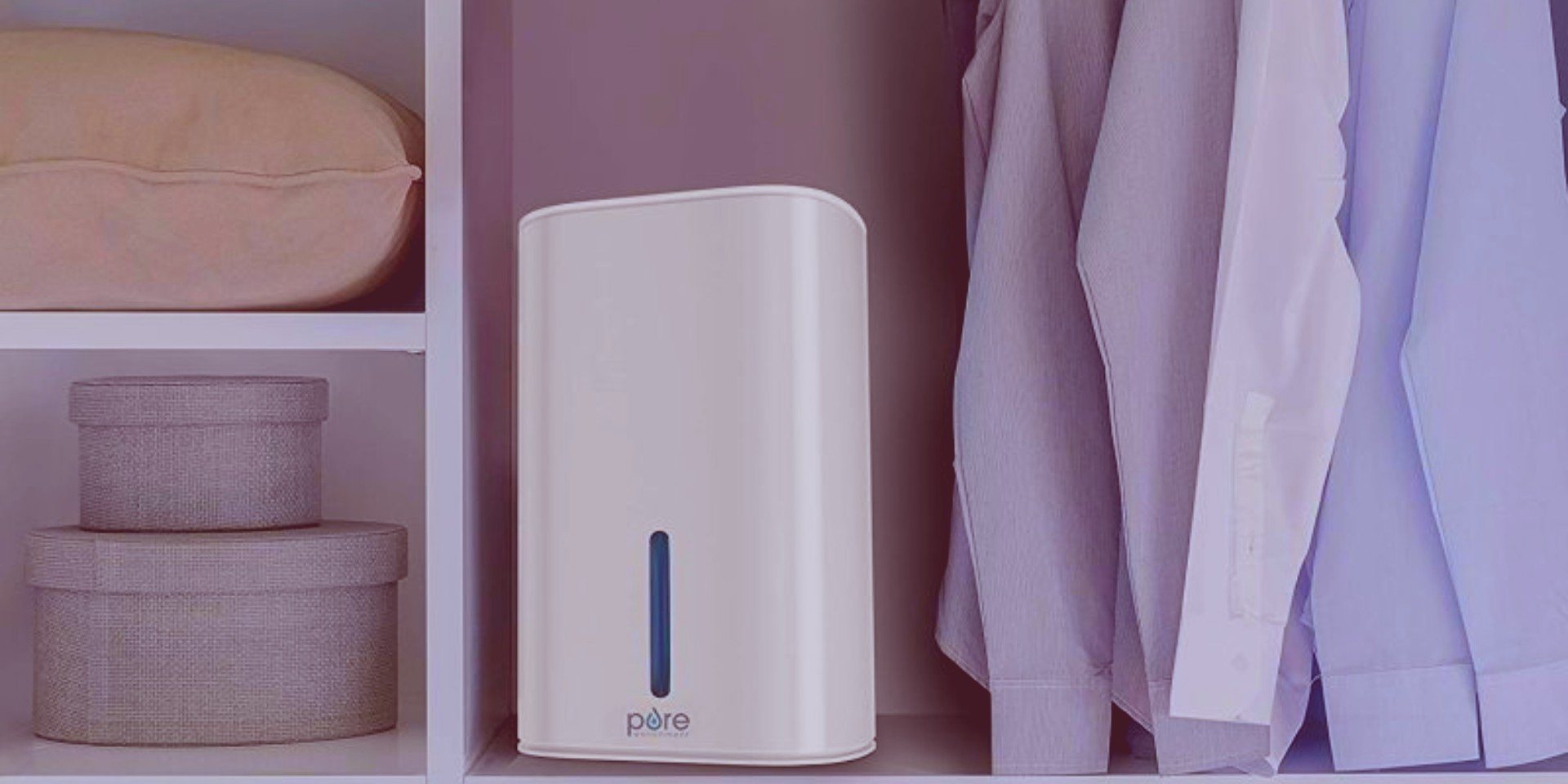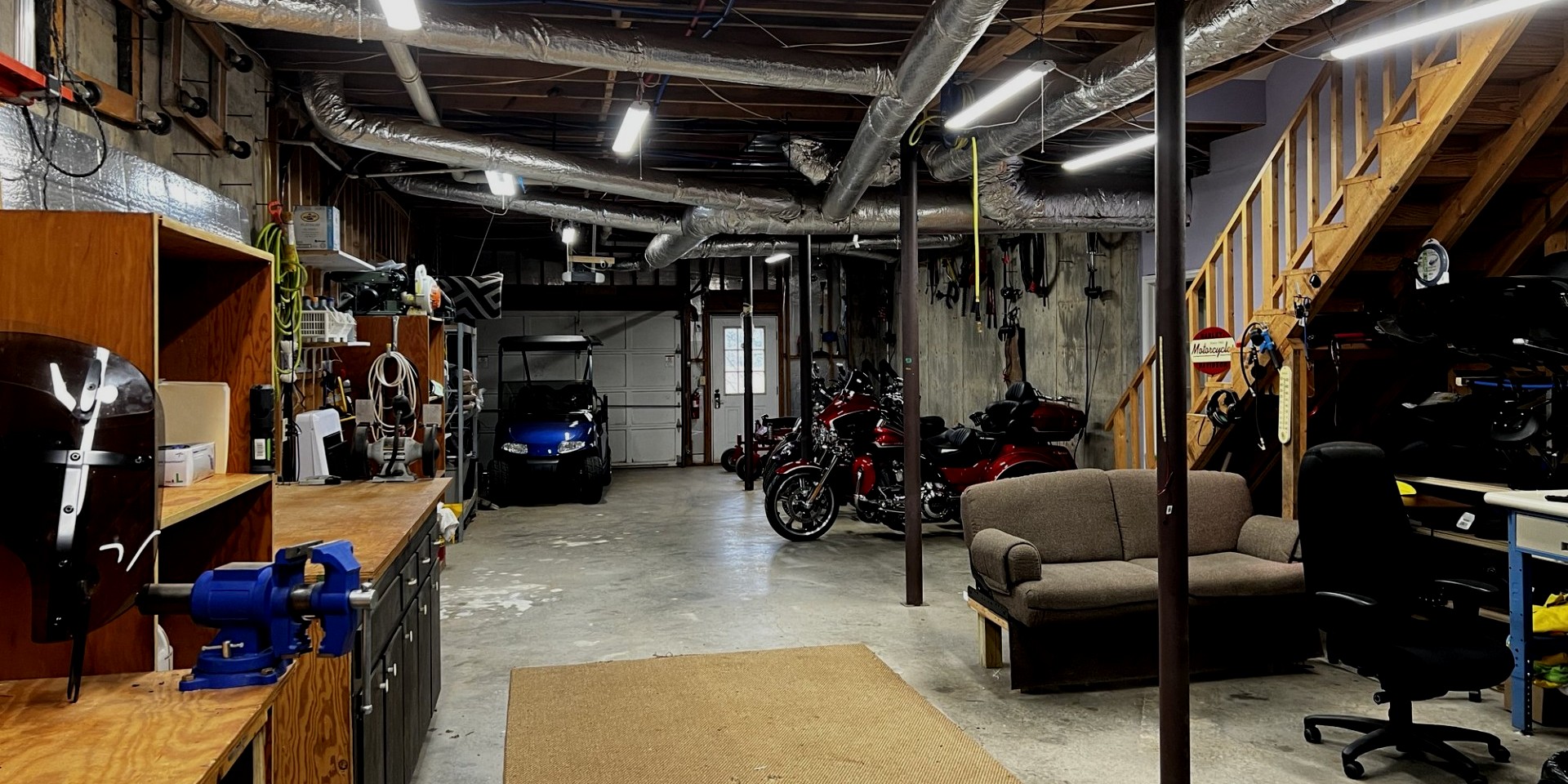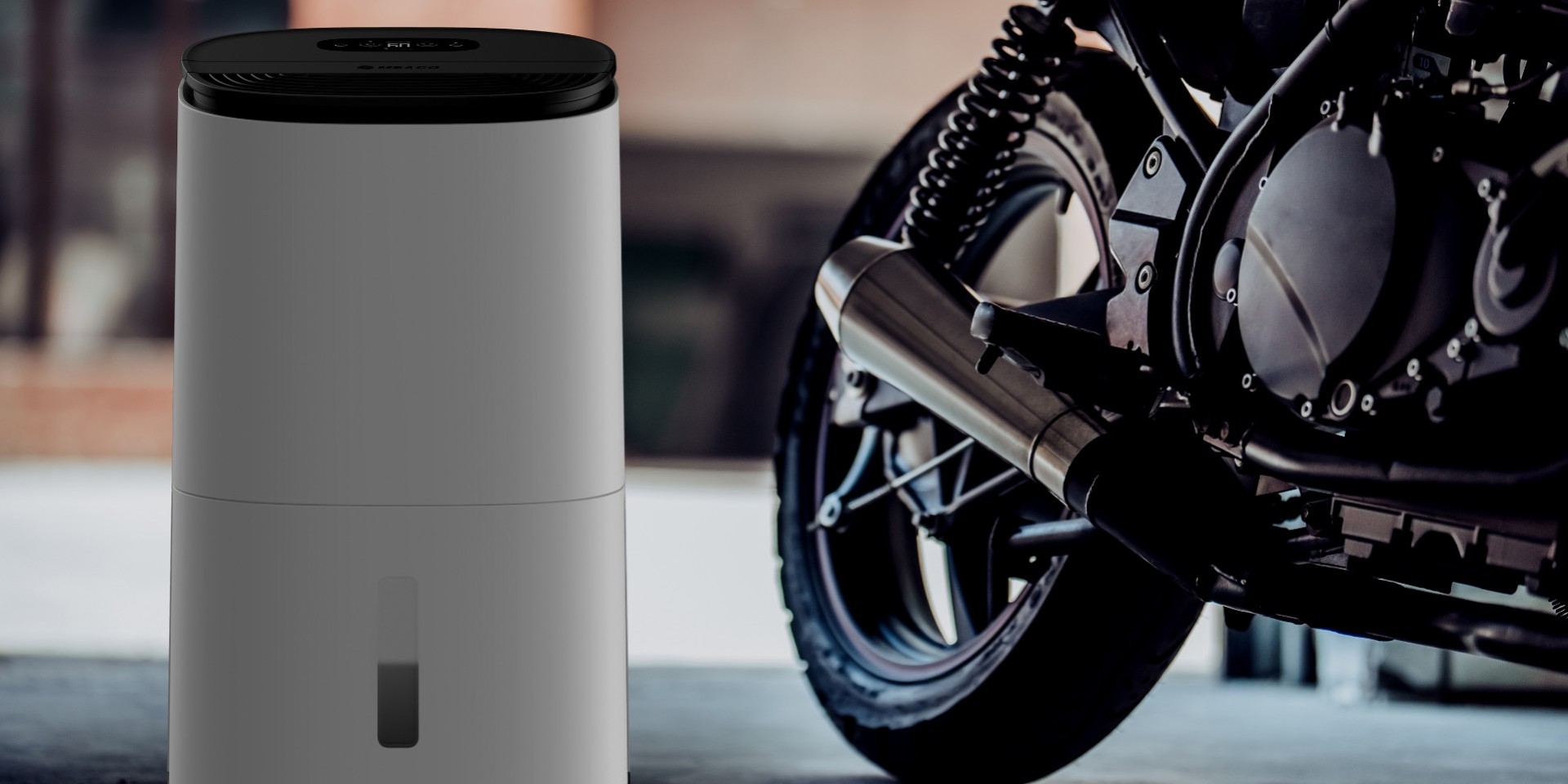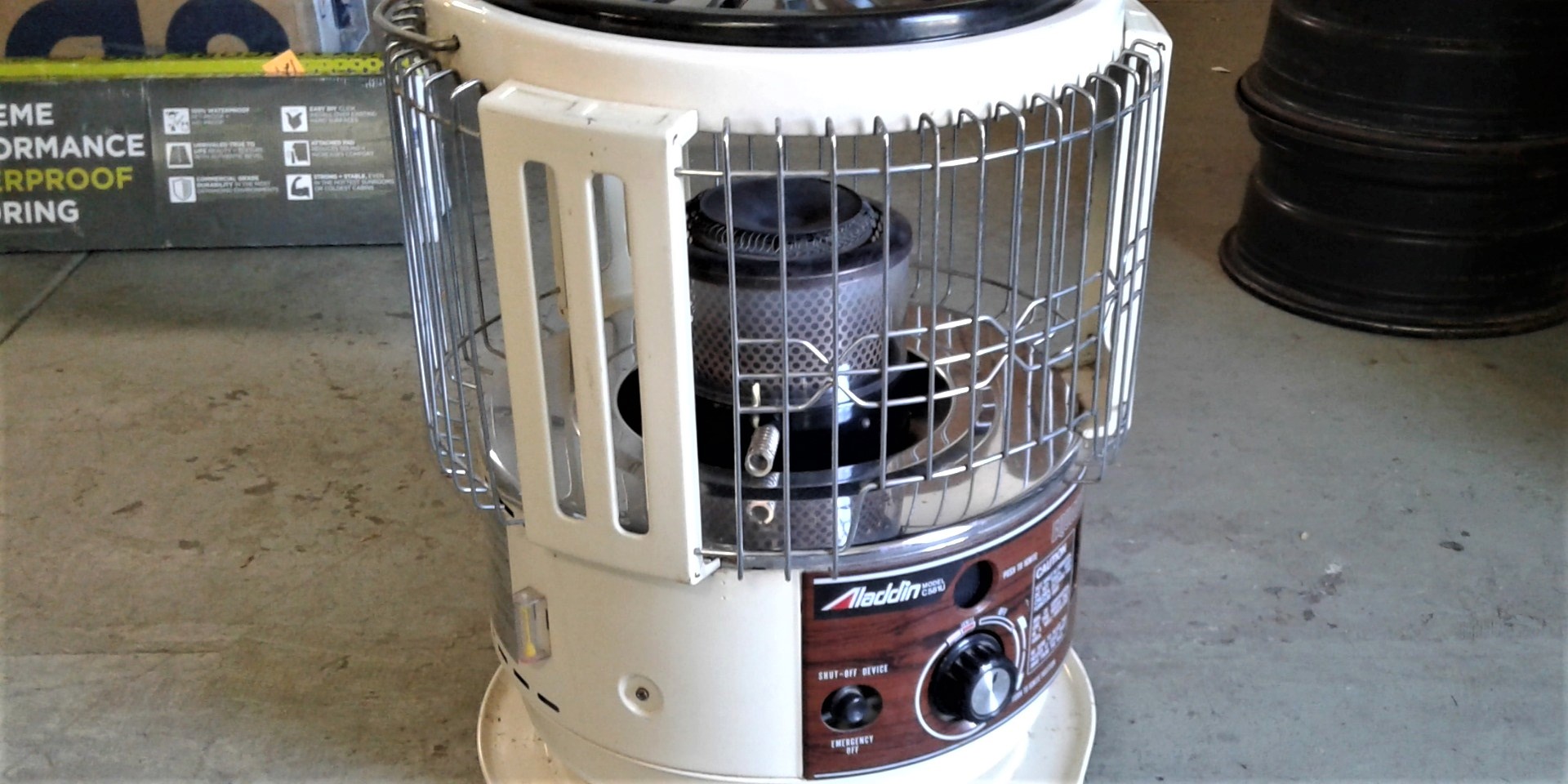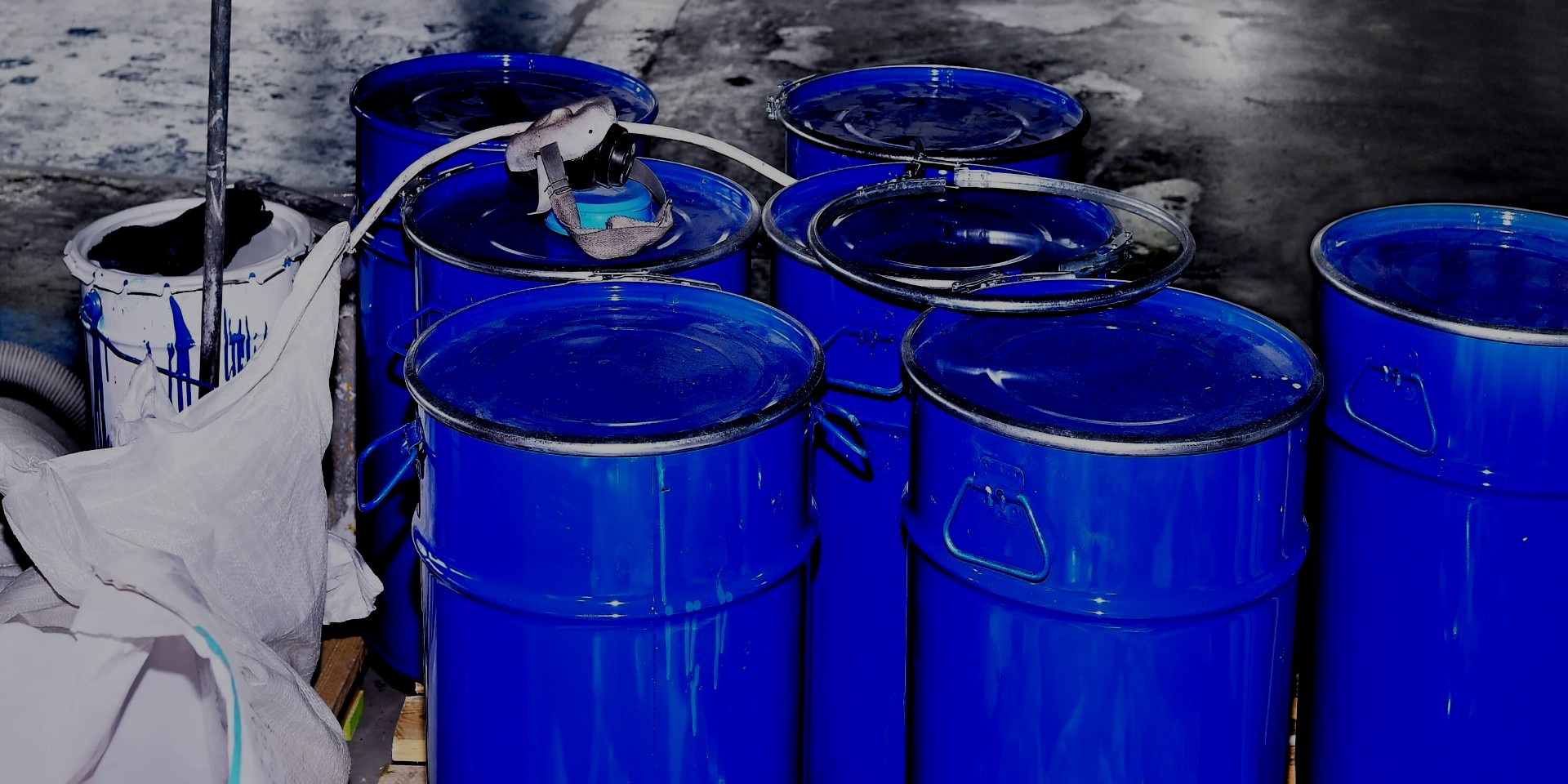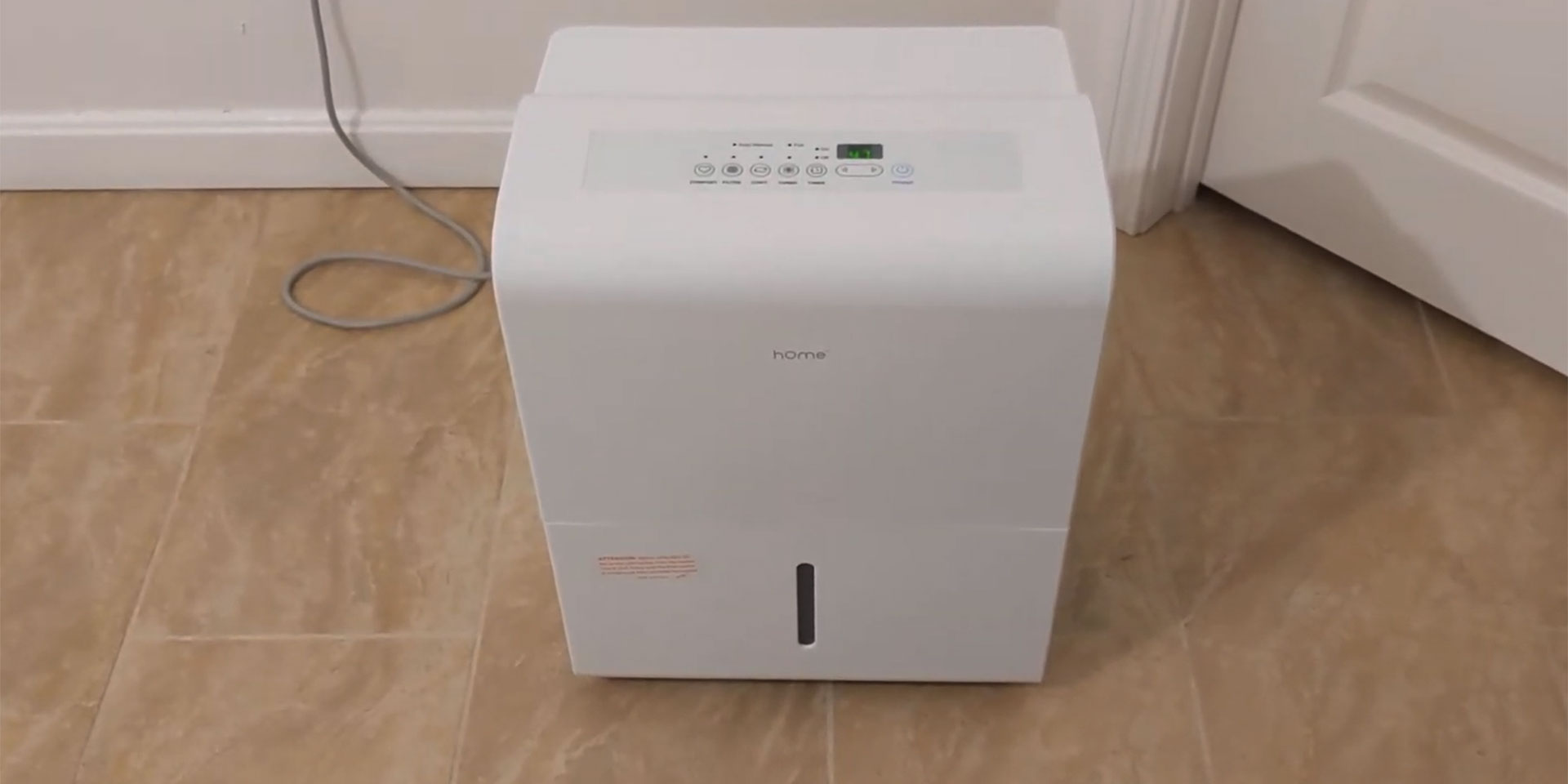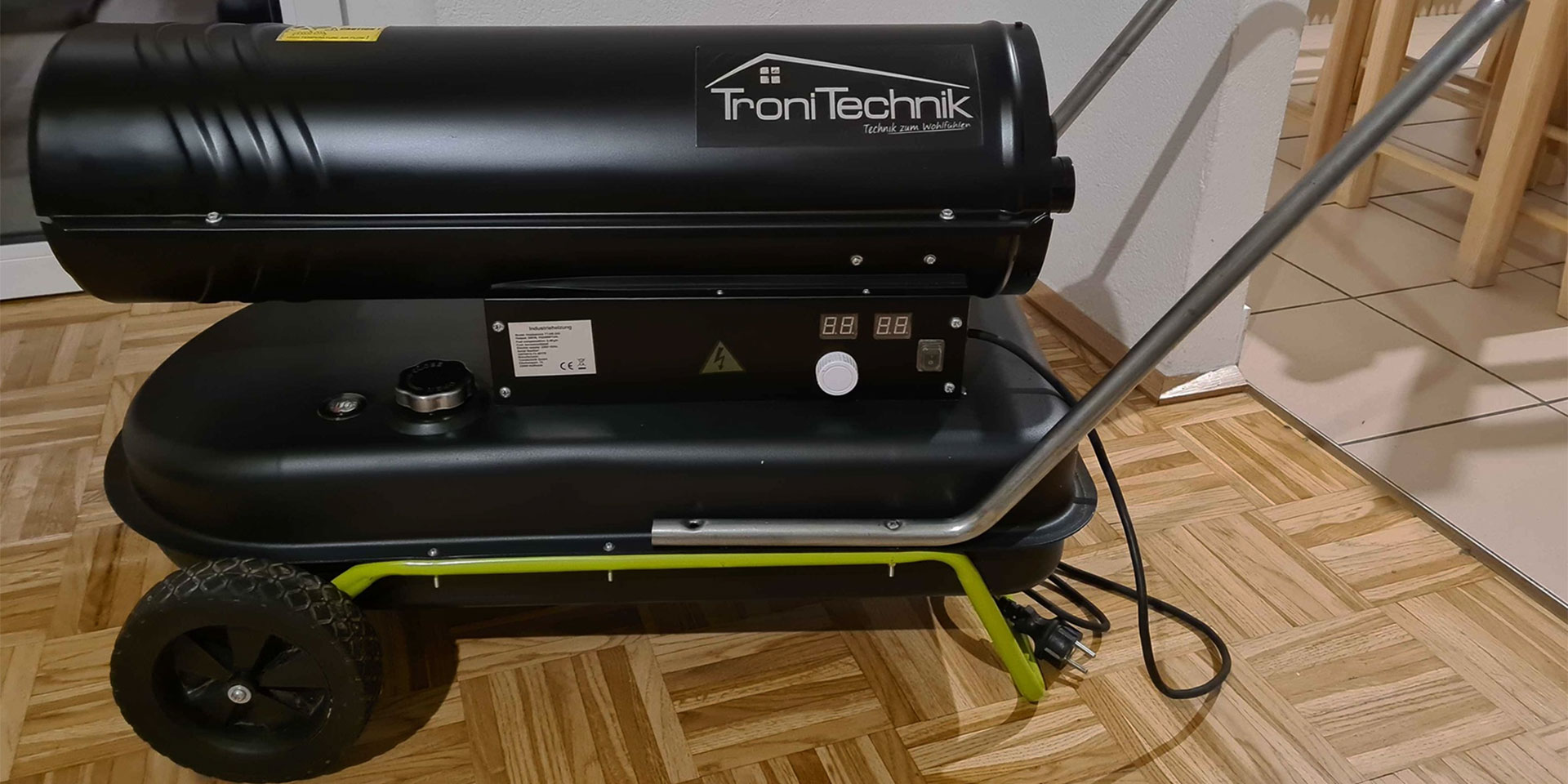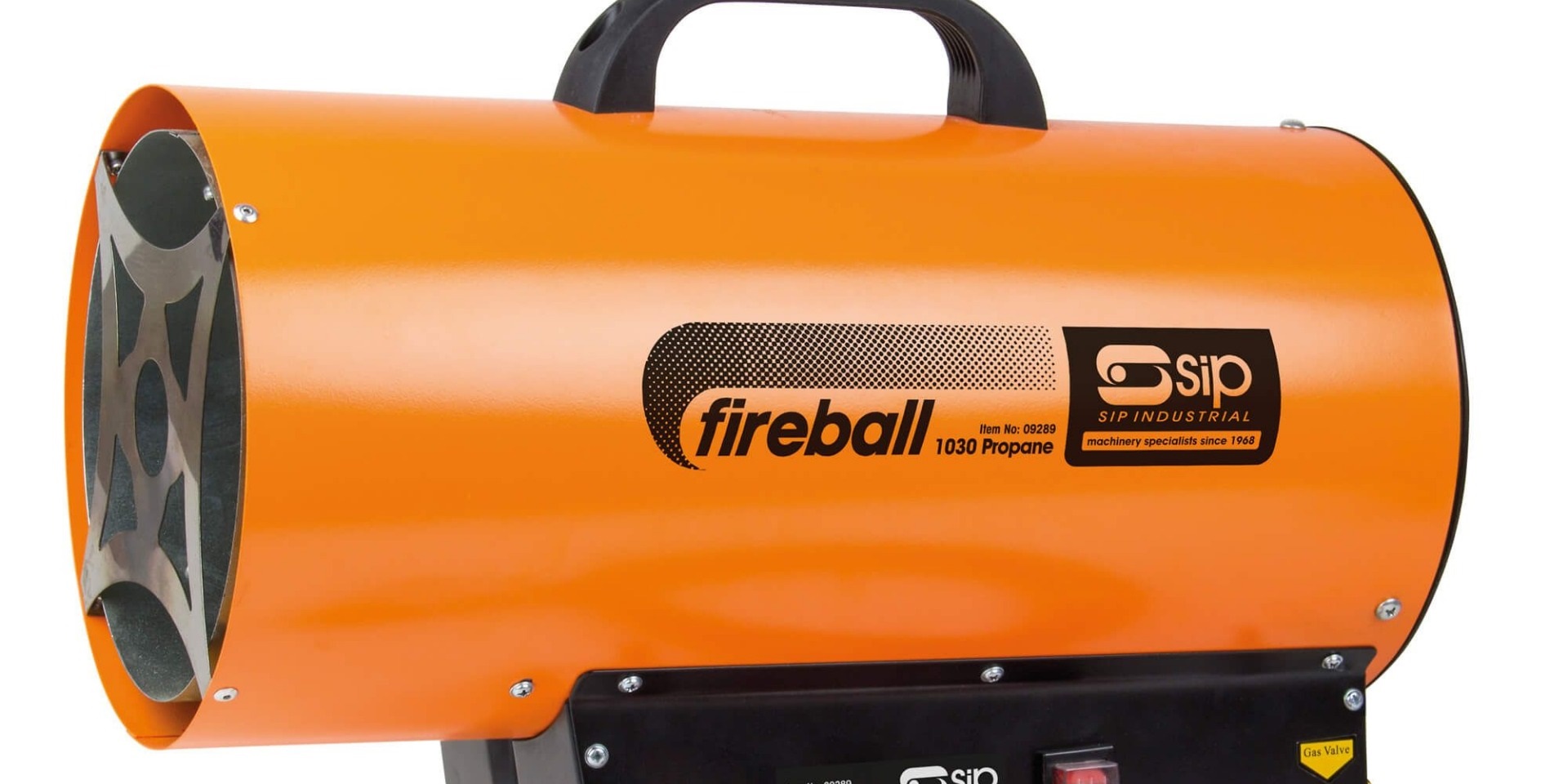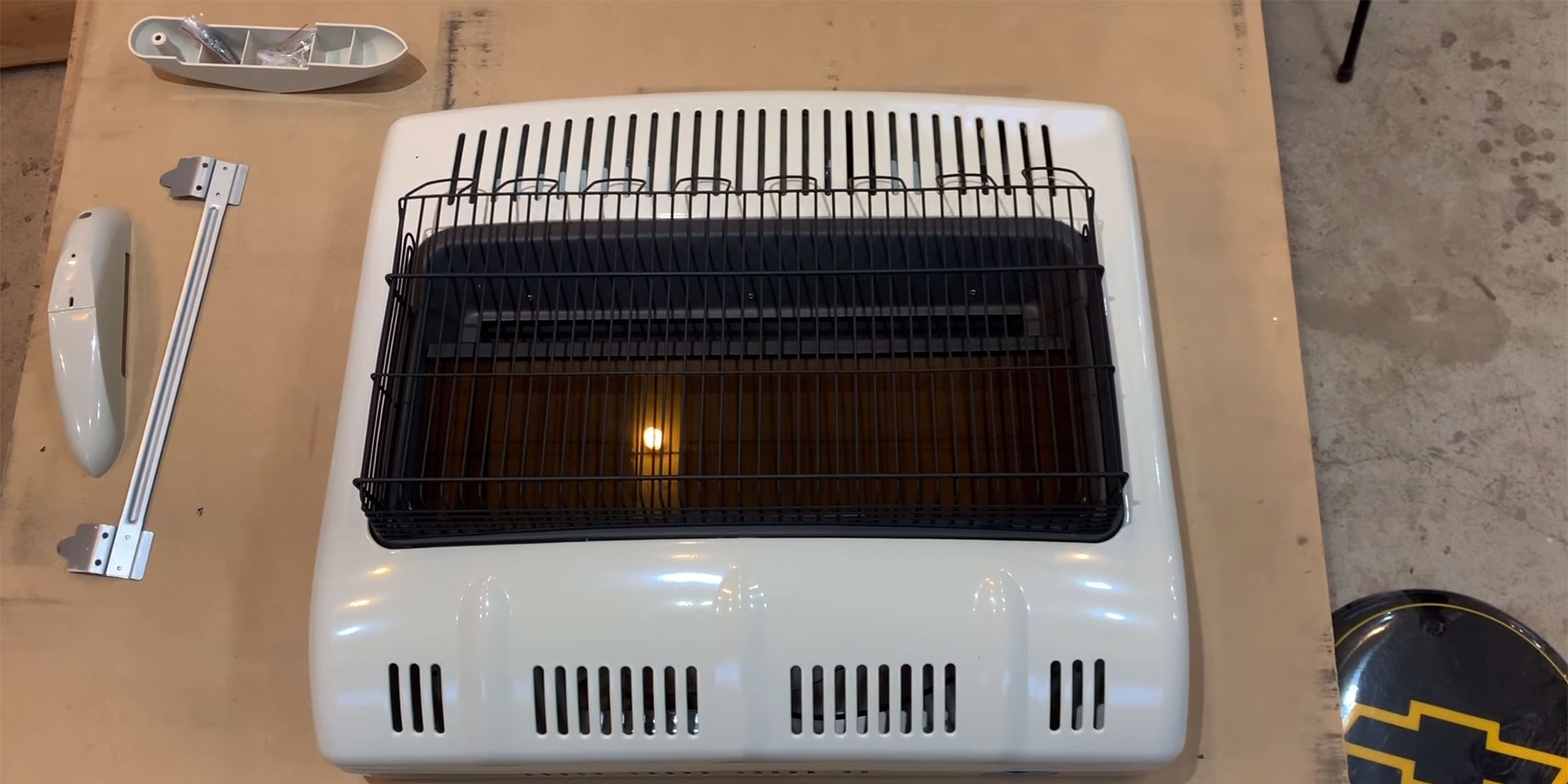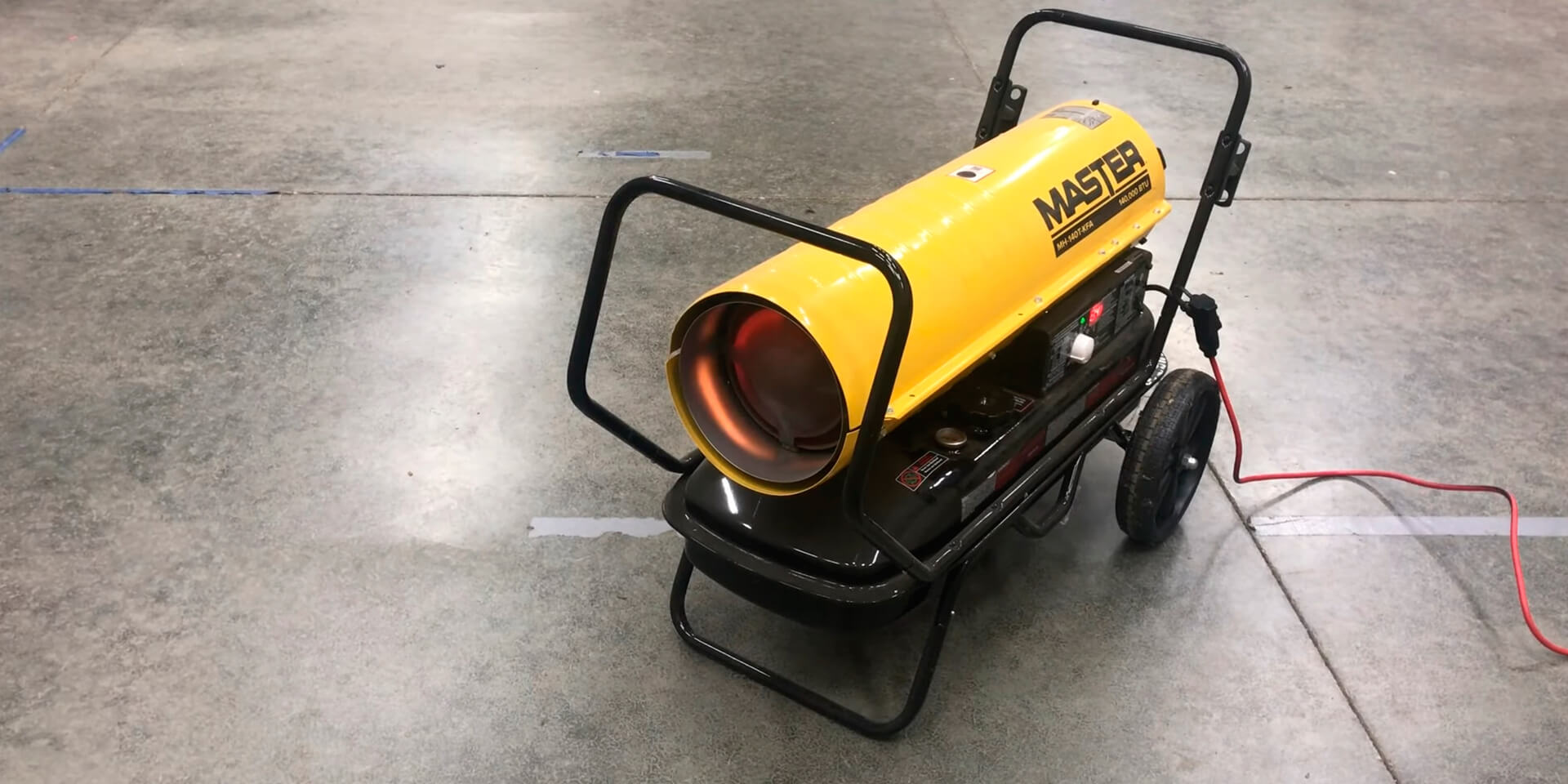If you’re like most people, your home’s air conditioning is crucial in keeping it pleasant throughout the summer months. But did you know that air conditioning can also help reduce the humidity in the air?
Climate
What Are The Disadvantages Of A Dehumidifier?
Dehumidifiers are a common household gadget that many people employ to maintain their houses’ humidity levels in check.
Where Should You Place a Dehumidifier In a Garage?
Garages can be an important part of a home, but they can also be problematic regarding humidity. In some cases, you can solve the issue of moisture by placing a dehumidifier in the garage.
Will a Dehumidifier Help a Hot Garage?
If you’re like many men, you probably use your garage to store cars and other large items. However, if you use your garage as a workshop in the summer, it’s almost certain to be extremely hot.
How Do I Know If My Kerosene Heater Wick Is Bad?
Wicks are used to help generate heat. The wick is an absorbent material, typically cotton or fiberglass, which soaks up the kerosene fuel. As the kerosene is burned, the heat from the flame is transferred to the wick, which heats the surrounding air.
Can I Store Kerosene In My Garage?
Kerosene is a fuel used for heating, cooking, and powering vehicles. It is typically stored in a container outside the home, but some people may be wondering if they can store it in their garage.
Best Garage Dehumidifier Reviews
Let’s face it. The garage is not just a place for parking the car. It has become a space for storing numerous items, working on household or handmade projects, and whatnot.
Are Kerosene Heaters Safe In A Garage?
That’s a good question, and there isn’t a clear answer. As you might know, kerosene heaters are considered by many to be the most effective type of portable space heater for home use.
Propane Or Kerosene Heater For The Garage?
Propane or kerosene heater for the garage is a burning question. Both heaters burn clean, but there are some fundamental differences between them.
Best Ventless Heater for Garage
Are you looking for the best ventless garage heaters? Perfect choice since few devices will do better than ventless heaters as they operate at around 99.9% efficiency.
Best Kerosene Garage Heaters
When winter comes, and the temperature drops but you have to keep working on your projects,

